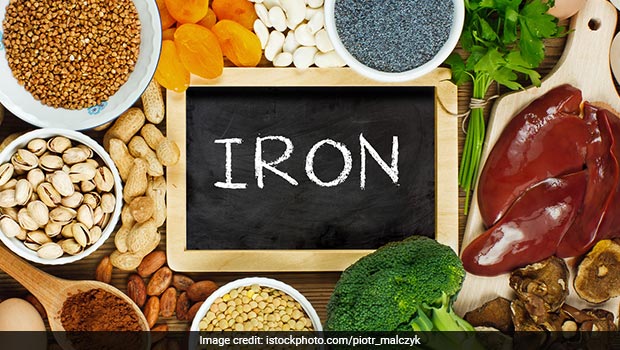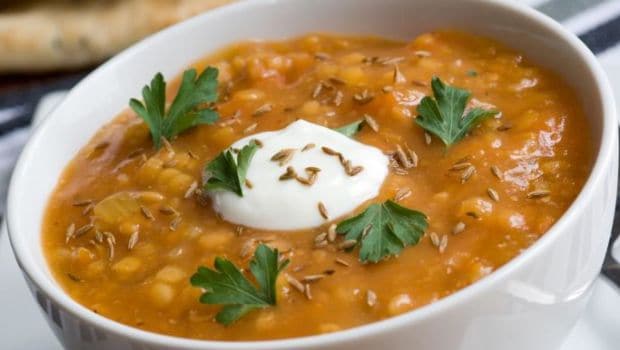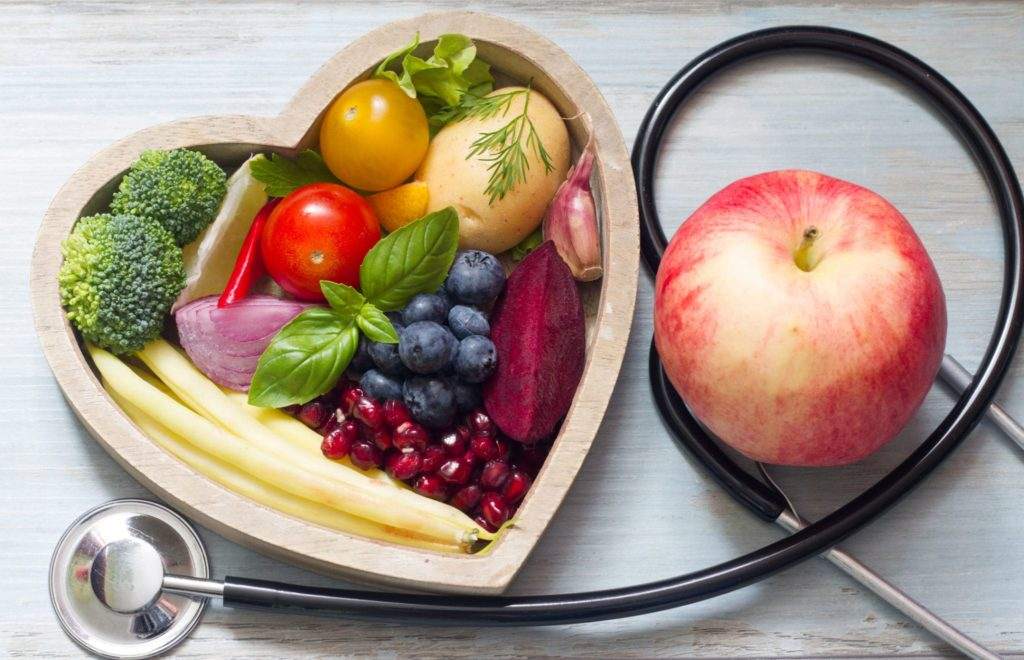Iron makes for an essential mineral for each and every human being; however, it is most required by women.
 Highlights
Highlights
- One of the most essential mineral in the body is Iron
- An average adult female needs 18 milligram of iron per day
- One of the biggest reasons to add more iron in your diet is menstruation
The human body is made up on innumerable nutrients and minerals without which it cannot function properly. The body tends to experience loss of these nutrients and minerals due to one or more factors, which can further affect the proper functioning of the body. One of the most essential minerals in the body is iron. It is required to help the red blood cells transport oxygen to the rest of the body. Furthermore, it also helps in producing energy and facilitates cell respiration. Iron makes for an essential mineral for each and every human being; however, it is most required by women.
According to the National Institute of Health, an average adult male needs about eight milligram of iron per day and an average adult female needs 18 milligram of iron per day. During pregnancy, a female needs 27 milligrams, a triple of what men need.
According to Consultant Nutritionist Dr. Rupali Datta, “It is primarily because of the monthly cycle that women tend to lose blood. Typically in pregnancy, women require more iron because there is an increase in blood volume, which is needed for baby’s growth in the womb. Iron is needed to replenish the loss of blood during menstrual cycle and delivery of the baby. While it is important for both men and women, these two factors make iron an important mineral for women.” Bangalore based Nutritionist Dr. Anju Sood agrees, “Physiologically, women need more iron because of the menstrual cycle, you need to replenish blood, which is why you should load up on iron rich foods more.”

Iron helps form the placenta that is an essential part of the womb
One of the biggest reasons to add more iron in your diet is menstruation. It is about losing a lot of blood every month, which can affect overall iron content in the body. Compensate by increasing the consumption of iron rich foods.
Another reason is pregnancy. Iron helps form the placenta that is an essential part of the womb. The iron is not needed by your body but also by the baby for its growth. In fact, the iron you supply to the baby needs to last for six months after birth. So iron does not only aid in development, but the child is storing up for later.
Iron Deficiency
An insufficient amount of iron can lead to insufficient amount of oxygen in your blood, which can result in anemia, further causing fatigue. So it is important to load up on iron rich foods. Consume more green leafy vegetables, eggs, dry fruits, nuts and seeds, pulses and beans, fish, whole grains, et al.


